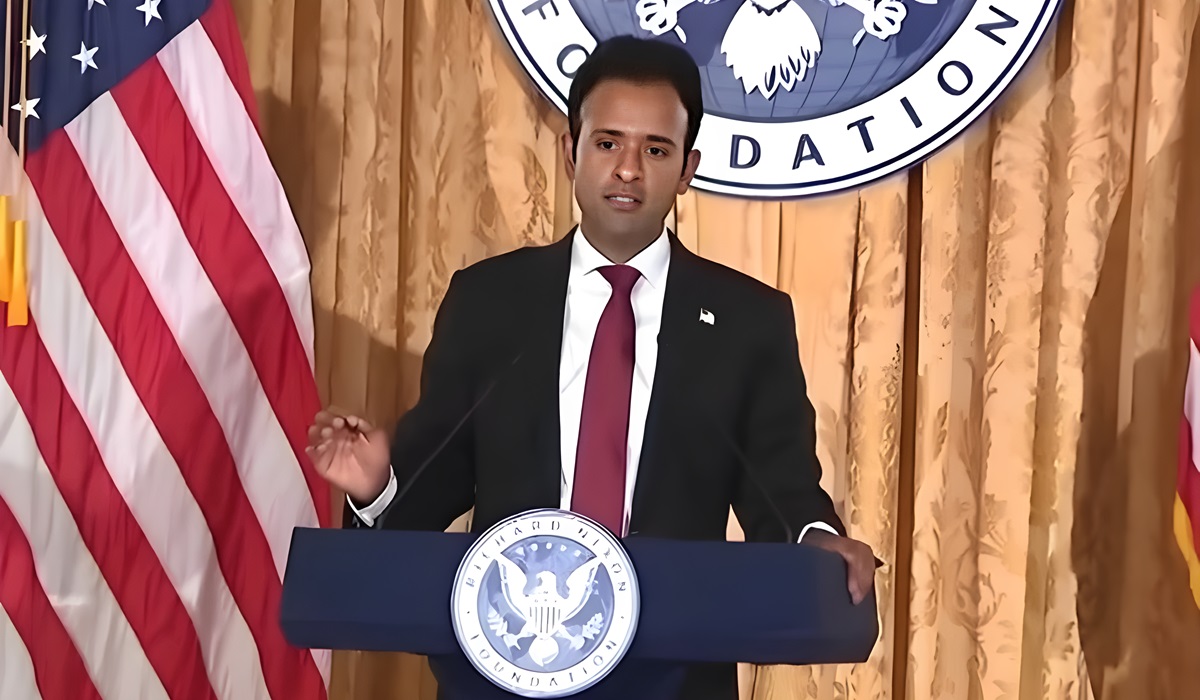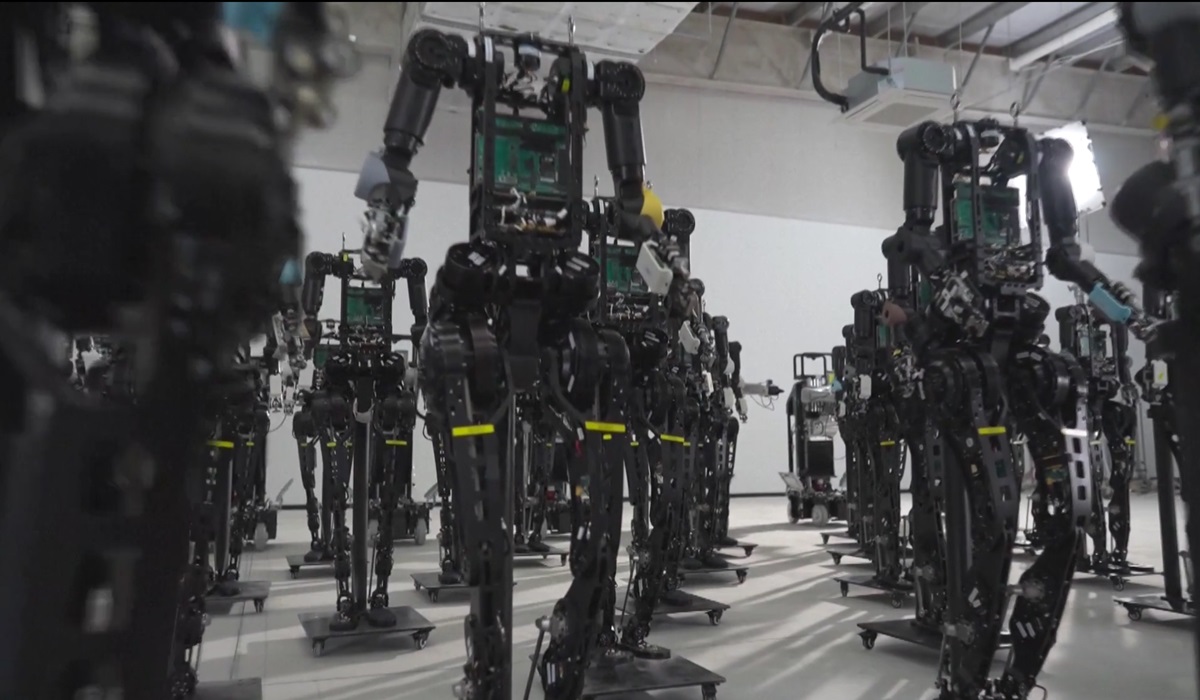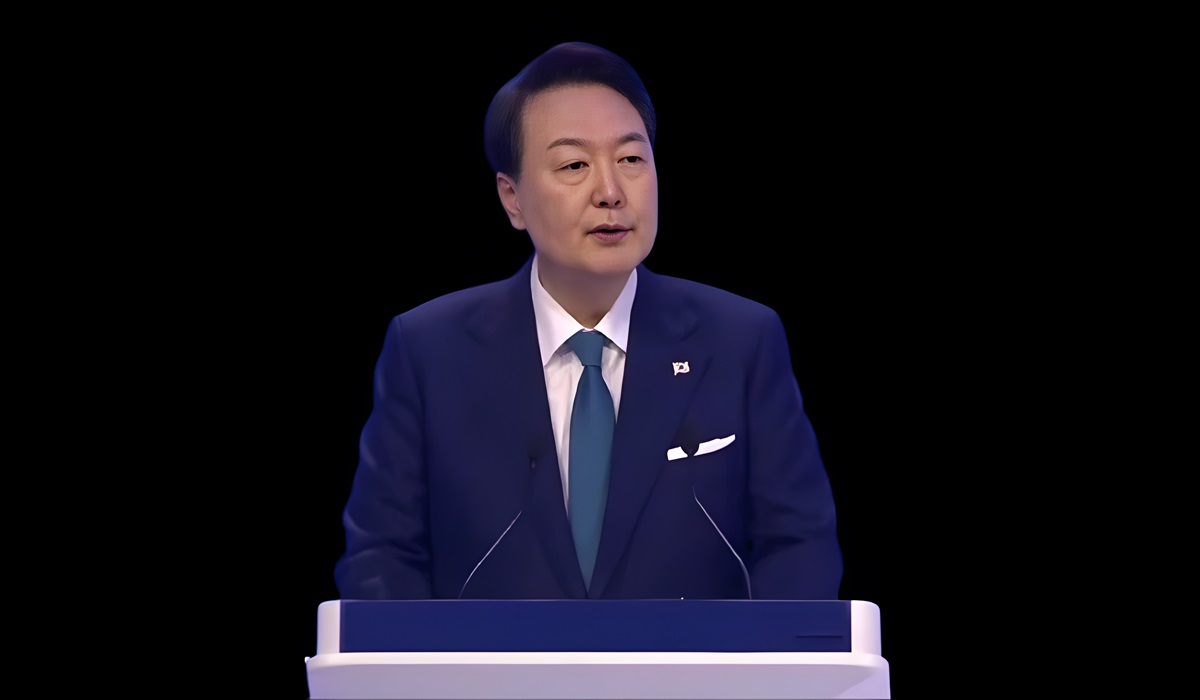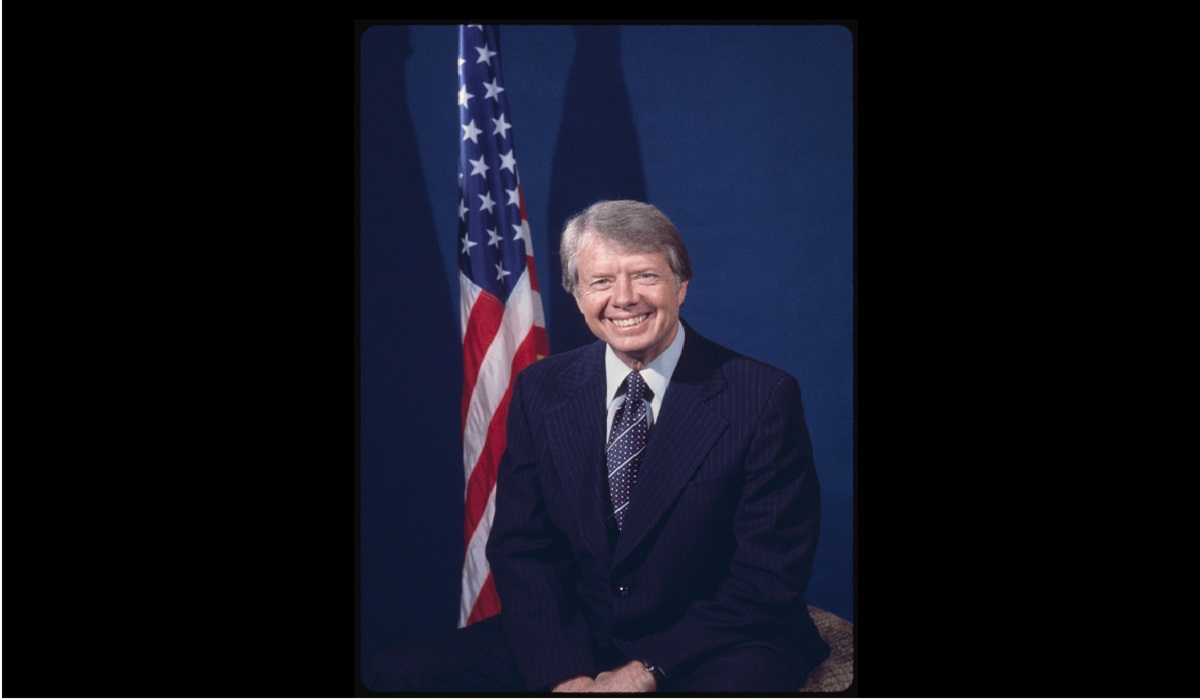Vivek Ramaswamy’s Alarming Ascension in the Polls Must Be Taken Seriously
- TDS News
- Breaking News
- August 21, 2023

In a recent interview by John Stossel, Vivek Ramaswamy unveiled a disconcerting side of his character that leaves no room for ambiguity about his intentions. This highly successful candidate has experienced an inexplicable surge in the polls, all to the detriment of an embattled Florida Governor, Ron DeSantis, who is desperately treading water to maintain any semblance of campaign relevance. As Ramaswamy swiftly climbs the ranks, it becomes increasingly evident that some other GOP candidates are struggling to make a lasting impact in the current political landscape. The possibility of suspending their campaigns seems more likely as each day passes.
Vivek Ramaswamy’s journey from relative obscurity to a potential frontrunner capable of overtaking the DeSantis highlights a range of concerns that warrant the nation’s attention. Armed with an undeniable aura of arrogance and overconfidence, Ramaswamy comes across as an individual with an unwavering belief in his misguided opinions. This character trait could hinder meaningful conversations with world leaders, as his inclination to establish intellectual superiority threatens to mar any potential dialogue. He presents himself as a more tolerable rendition of Trump, devoid of overt sexism and misogyny. However, beneath this façade lies an individual who endorses a spectrum of opinions that deeply resonate with the far right, inevitably attracting the attention of white supremacists who may very well be adorning their attire with his name as they anticipate his ascent.
Ramaswamy’s unapologetic stance on various matters accentuates his potential as a polarizing force within American politics. His bold viewpoints, from advocating for increased drilling and fracking to embracing nuclear energy, underscore his fervent dedication to controversial causes. His zealous advocacy for coal production and his ambitious plans to reshape the Federal Reserve by axing 90% of jobs reveal an audacious approach bound to draw attention, albeit for all the wrong reasons.
One of the more radical facets of Ramaswamy’s platform revolves around his proposal to eliminate the Department of Education, arguing that this responsibility should be localized rather than entrusted to the government. He also envisages shuttering institutions like the FBI, ATF, IRS, and the Nuclear Regulatory Commission, citing corruption and hostility towards America. While seemingly designed to redefine and improve the system, these propositions are fraught with challenges and potential negative consequences that cannot be ignored.
Ramaswamy’s willingness to pardon Donald Trump and others he deems victims of political persecution reflects a lack of accountability. His support for individuals involved in the January 6th insurrection, under the pretense of perceived due process violations, raises serious questions about his understanding of justice and the rule of law. This narrative casts a shadow on the very foundations of the American democratic system.
Ramaswamy’s stance on free speech is equally disquieting. While he champions the First Amendment, his belief in the unrestricted protection of all forms of speech, regardless of their hateful or offensive nature, is a polarizing viewpoint. He contends that allowing individuals to express even heinous opinions fosters a sense of peace. His claim that the January 6th attack resulted from insufficient free speech rather than an attack on democracy is a perspective that leaves many astounded.
The economic vision presented by Ramaswamy is equally concerning. His suggestion to disband financial institutions such as BlackRock, State Street, and Vanguard, labeling them an ideological cartel, brings up worries regarding his grasp of economic steadiness and the functions these establishments serve. His claims of these financial corporations promoting leftist causes via pension investments showcase his conspiratorial mindset, which could have far-reaching consequences. The suggestion of his very own financial institute as a superior alternative is the definition of a person focused on self-interest.
Drawing parallels to Trump’s initial foray into politics, Ramaswamy’s campaign exhibits similar hallmarks of starting with inflammatory statements and gradually climbing the polls. However, this time, dismissing Ramaswamy could prove perilous. While he echoes Trump’s audacity, he exudes a refined, intelligent demeanour that shouldn’t be underestimated. His potential rise demands a thorough analysis of his rhetoric, as his positions are shrouded under the guise of free speech.
If Ramaswamy secures the Republican nomination, the transformation from a cocky and arrogant persona to a more presidential image is foreseeable. He may attempt to appeal to moderates and minority voters, yet his inherent hubris could lead him to dismiss their voices in pursuit of his agenda. The outcome of a Ramaswamy nomination could be catastrophic. His skewed interpretation of free speech, disregard for established institutions, and economic strategies could unravel the very fabric of American values.
In these perilous times, it becomes paramount for Americans to scrutinize candidates like Vivek Ramaswamy. The notion that free speech encompasses hate speech must be challenged, and the pursuit of progress shouldn’t come at the expense of essential values that have guided the nation thus far. As Ramaswamy’s campaign gains momentum, the urgency to engage, inform, and recognize the significance of their choices cannot be understated. The spectre of a Ramaswamy presidency necessitates a united commitment to preserving the principles upon which America was founded, even in the face of a seemingly unstoppable force.
Vivek Ramaswamy’s intellectual prowess may be undeniable. Yet, his leadership persona lacks three crucial qualities essential for guiding a nation and the free world: empathy, tolerance, and understanding. Effective world leaders must connect with their people on an emotional level, a skill that seems to elude Ramaswamy. His demeanour comes across as stoic and heartless, characteristics ill-suited for the role of the Commander in Chief. While strategic decision-making grounded in technology and stats is vital, a human touch that conveys a genuine connection with people is equally imperative. Unfortunately, Ramaswamy appears to lack this essential quality, and considering his age, it’s unlikely he’ll undergo a transformative shift in the near future.
Ramaswamy’s empathy deficit is alarming for a presidential candidate in his late 30s. As the CIA suggests, by age 25, individuals are typically set in their ways, and this hardening of viewpoints doesn’t bode well for future personal growth in empathy. This deficiency is concerning, especially in the context of a leader of a nation as diverse and intricate as the United States. Effective leadership requires a keen understanding of the struggles and emotions of the people being led. Ramaswamy’s apparent inability to relate to the plight of those who have suffered demonstrates a glaring lack of comprehension of the reality on the ground.
His willingness to accept white supremacists’ viewpoints and hate speech as free speech without acknowledging the profound harm they inflict is deeply troubling. As a person of color, it’s difficult to believe that he and his family have not encountered racism. His stance, seemingly supporting ideologies perpetuating inequality and injustice, is disappointing and reprehensible. It reflects a glaring lack of empathy and understanding for those who have endured hardship, discrimination, and systemic bias. This inability to connect with the struggles of minorities and marginalized communities undermines his potential to be a figure of inspiration or change.
Ramaswamy is missing an opportunity for someone of his intellectual calibre to make a meaningful impact. By embracing true Republican values and being a beacon of hope and change, he could reshape the narrative around conservative politics. However, his choice to double down on his current perspective in the face of constructive criticism speaks to a concerning rigidity that hinders growth and adaptability. Witnessing such a brilliant mind squander the chance to evolve and represent a more inclusive, compassionate version of the GOP is disheartening.
As this article reaches Ramaswamy’s attention, the hope for self-reflection and adaptation might be fleeting. Instead of acknowledging the gaps in his approach and embracing the necessary millimetre changes, he might dismiss the critique, reinforcing his current trajectory. The refusal to embrace empathy, tolerance, and a deeper understanding of diverse perspectives only reinforces the earlier concerns about his suitability for leadership. As the nation watches the unfolding political landscape, it’s essential to remain vigilant and hold potential leaders accountable for the qualities they bring to the table, or lack thereof.








